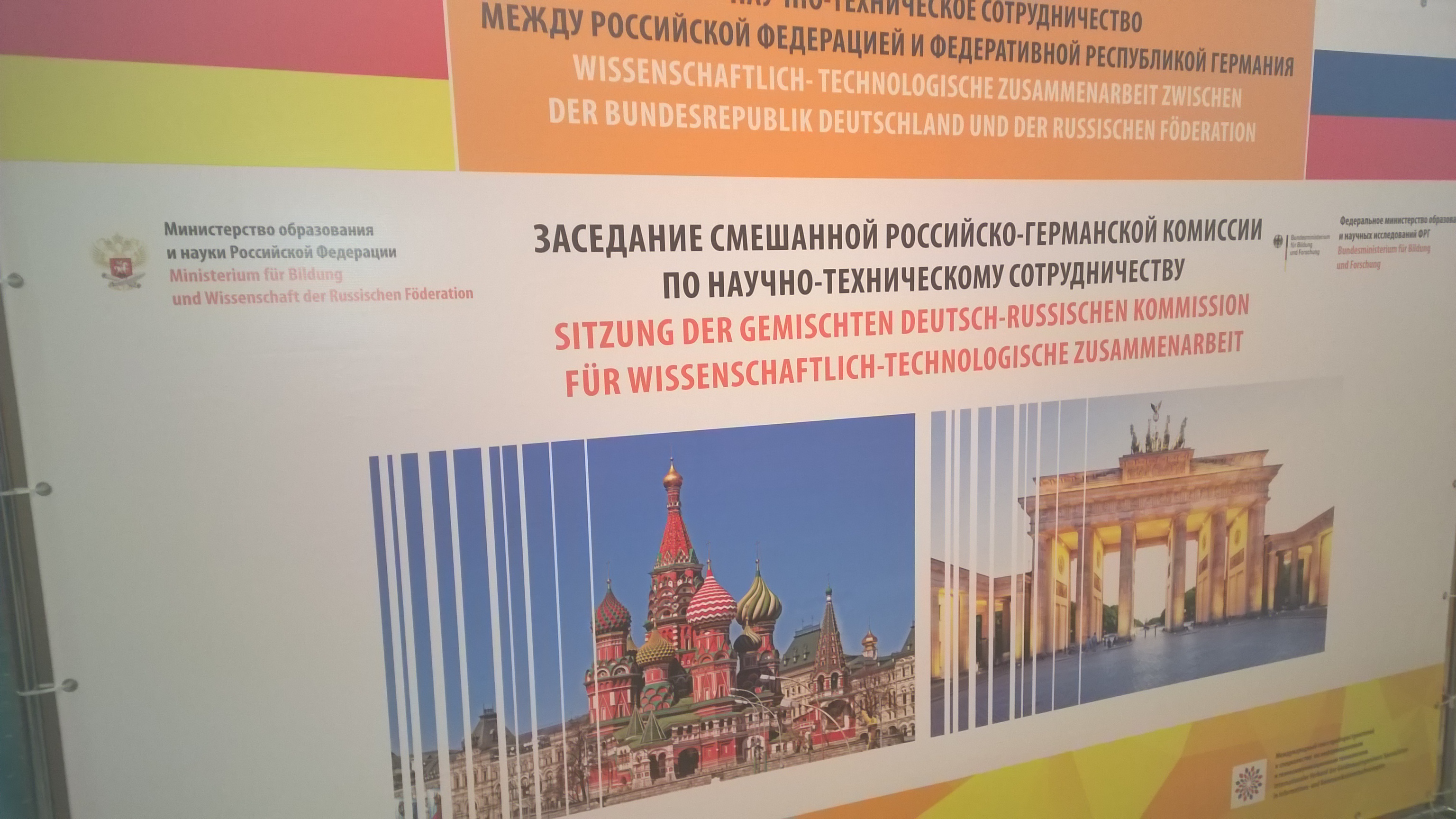Resumption of Scientific and Technological Cooperation (WTZ) Proceedings with Russia

Scientific and technological cooperation between the Federal Republic of Germany and the Russian Federation
(02.12.16)At the end of November 2016, the Joint German-Russian Commission for Scientific and Technological Cooperation met up again for the first time in Moscow. Following the suspension of regular meetings due to the political situation, both sides agreed to continue many collaborations in the area of education, research and technology. The Deutsche Forschungsgemeinschaft (DFG, German Research Foundation) referred to the announcements with its Russian partner organisations which had been open to all researchers even in previous years.
As well as the responsible line ministries in the two countries, the Federal Ministry of Education and Research (BMBF) and the Ministry of Education and Science (MON), representatives of different research and funding organisations advised on the future format of German-Russian scientific relationships. The meeting was attended by the DFG and its partner organisations, the Russian Foundation for Basic Research (RFBR) and the Russian Science Foundation (RSF). The announcements with the DFG and funding of several hundred bilateral research projects established solid foundations for collaborations between German and Russian universities and research institutions, which ultimately enabled a continuous exchange between our scientific nations, even in politically difficult times," commented Jörn Achterberg (DFG Bonn).
Wilma Rethage, who has been managing the DFG Office Russia/CIS in Moscow since October 2016, emphasised the DFG's continued interest in supporting larger-scale long-term projects and coordinated processes together with Russian funding organisations in the future. As examples of current large projects, she quoted the Collaborative Research Centre TRR 160 between the Technical University of Dortmund and the Ioffe Institute and St. Petersburg State University, as well as the International Research Training Group RTG 1956 between the University of Freiburg and the Russian State University for the Humanities (RGGU), allowing several hundred researchers from both countries to conduct joint research for up to 12 years.